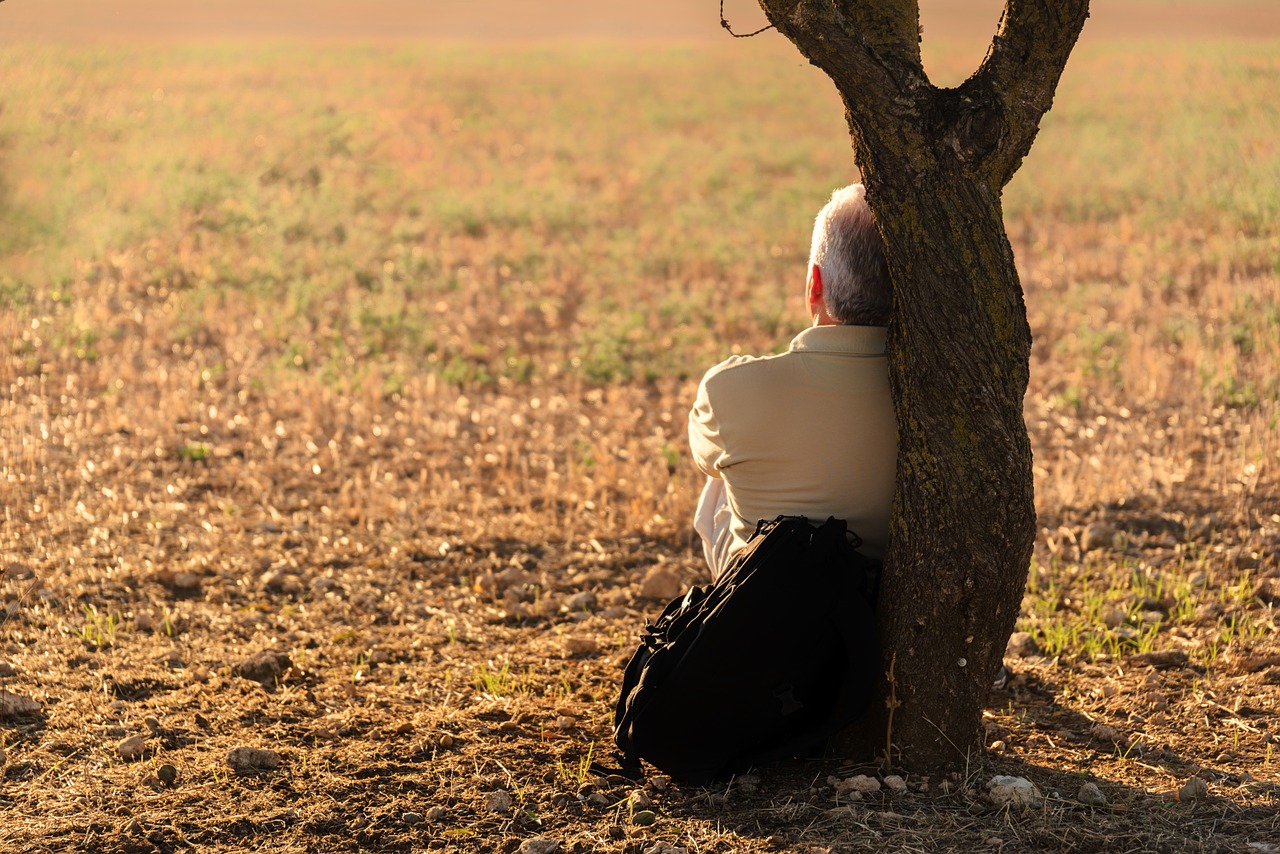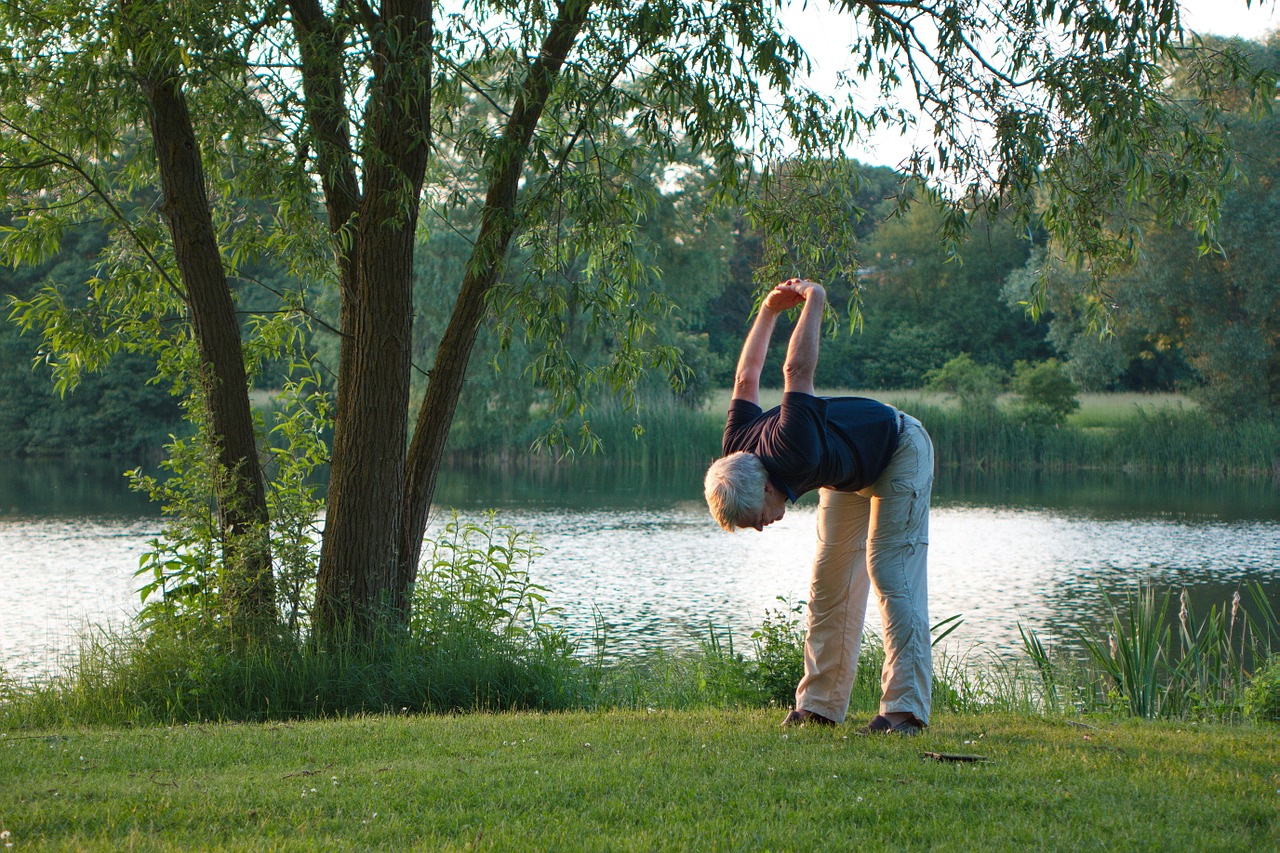
Whoever wrote, “It was the best of times, it was the worst of times” was probably talking about summer. What can beat a long stretch of warm, sunny weather for making the most of each and every day? Birds sing, flowers bloom, and good times are never far away. Yet summer has its dark side as well, especially when the mercury tops 90 degrees or so. Many people find themselves prisoners in their own homes during the long, sweltering stretch of time from June through August.
This ordeal can tax not only your body but your budget as well, forcing you to spend a small fortune on air conditioning just to keep your sanity. If only you could enjoy summer’s joys while keeping its drawbacks at bay. Well, relax. Here are some smart ways to beat the heat.
Hit the Hay
There’s a reason why people in tropical areas take a nap in the middle of the day. Hot weather makes you sleepy, so why not spend those sultry after-lunch hours on a restful trip to slumberland? Research shows that an afternoon nap offers real benefits like increased alertness and higher energy levels. So follow the example set by our feline friends and enjoy a daily cat nap while following these tips:
- Take your nap in a favorite armchair or sofa. Retiring to your bedroom may send you into a prolonged period of REM sleep, which can lead to nighttime insomnia.
- Keep the area where you nap at a comfortable temperature. If you’re rationing the time you use your air conditioning, then consider cranking it up for your siesta break and toning it down after sunset.
- Eat before napping. Enjoying a nice lunch with sleep-inducing healthy carbs will help you drift off into peaceful repose. Avoid taking sleeping meds that could keep you dozing for too long a time unless you doctor advises otherwise.
- Set an alarm that will keep from you from sleeping for too long. Else you might find yourself struggling with insomnia after day turns to darkness.
Make Friends with H2O
Water is the body’s default source for staying hydrated and healthy. It offers a healthy alternative to caffeinated beverages, which studies show can cause dehydration when over-consumed. Many people think that a single can of soda or cup of coffee is harmless. But it’s easy to overlook how much of these beverages you ingest when watching TV or surfing the Web. Alcohol is a potent diuretic that can send you on repeated trips to the bathroom in a short period of time. Bottom line: you can’t go wrong by sticking with water. Try adding lemon or cucumber slices, or even a few sprigs of mint, to give plain water a pleasant taste.
Delegate Those Tough Tasks
Be honest, now; do you really, truly enjoy cutting the grass on a steamy summer day? How about walking the dog or toting heavy sacks of groceries? We’re guessing that none of these task rates very high on your list of favorite activities. Besides, all of them can induce heat stress in seniors. Consider paying someone a few bucks to handle these chores. The person doing them benefits from pocketing a little cash and you get to kick back and enjoy life for a change. That’s a win-win for all involved.
Summer’s heat is like the change of seasons: inevitable. But using the tips in this post will help you to keep your cool while making the most of these long, lazy days. So prop up your feet, get a cold drink, and keep your mind on the sunny side of the street.
Image by Pixabay



